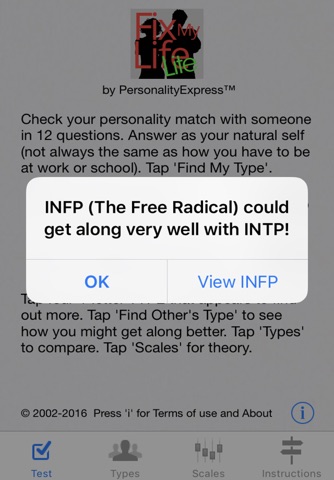
Teacher! app for iPhone and iPad
Developer: PeopleFanClub
First release : 02 Aug 2014
App size: 5.09 Mb
Teachers and workplace learners do not now solely use classroom, social and structured learning environments but also more online, remote and self-focused forms of learning. It has become even more important in this context to understand the ways we each prefer to teach and learn. This app aims to highlight this and to provide practical assistance in identifying and using different Learning/Teaching styles.
Students are most affected by the quality of their Teachers. Not only do they interact with teachers every day in the classroom, but the quality of that interaction matters for our students’ futures. Stanford University research indicates the difference between a good and a bad teacher can be a full level of student achievement in a single school year.
One of the most crucial aspects of a Teachers success (or a Coachs success) is to properly engage students in learning. Each and every student. Not just a selection. The only way to do this is to deliver learning in a way which will maximise each students success.
Thats a tough ask. And to do so requires awareness and understanding of the Teachers own preferred Teaching Style and each students preferred Learning Style.
This app helps Teachers... and Students... to gain that awareness and understanding. By applying the well-understood principles of Jungian psychology to learning.
Answering just 12 questions provides insight into your own Teaching/Learning style. You can compare students and others Teachers styles with yours. Insights are provided on
(i) how learning can be enhanced
(ii) how learning may be restricted
(iiI) what individual students might expect from a teacher
(iv) general classroom behavioural traits and preferences
(v) an explanation of amalgamated Learning Groups and how these can help a teacher plan or schedule learning.
Plus:
- extended insights into the specific personality types behind each learning style
- explanation of theory
- a reference list for further reading
Essential knowledge for any Teacher serious about improving the quality and results of their teaching.



